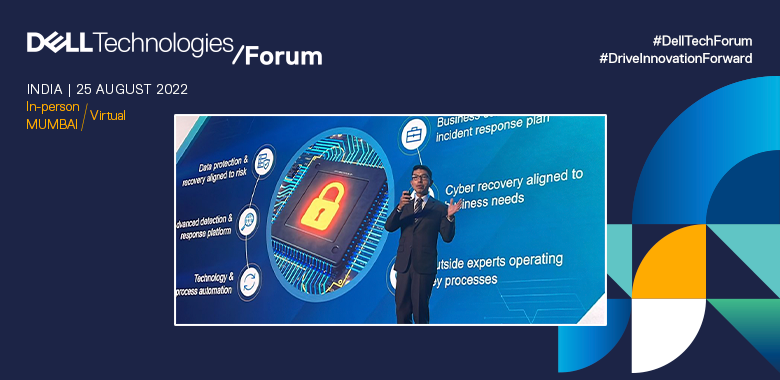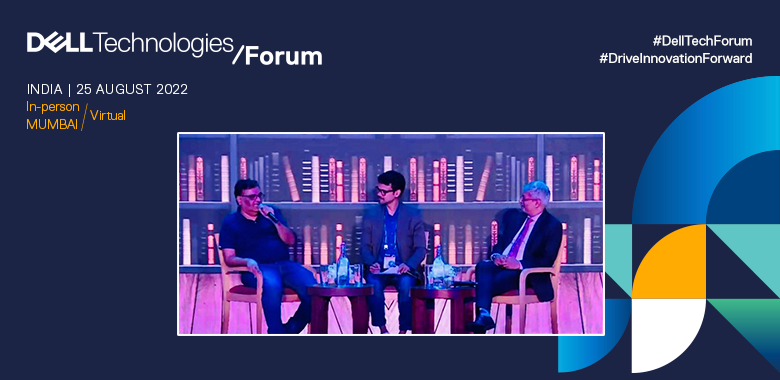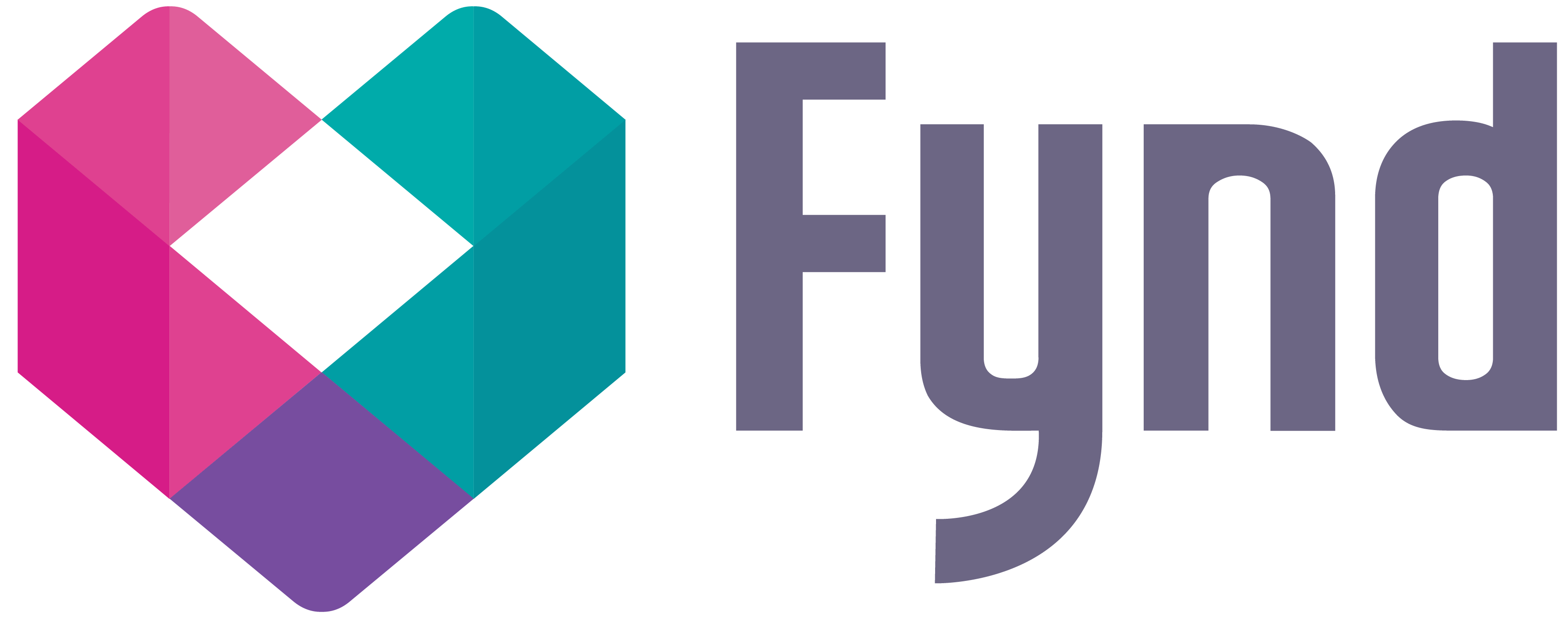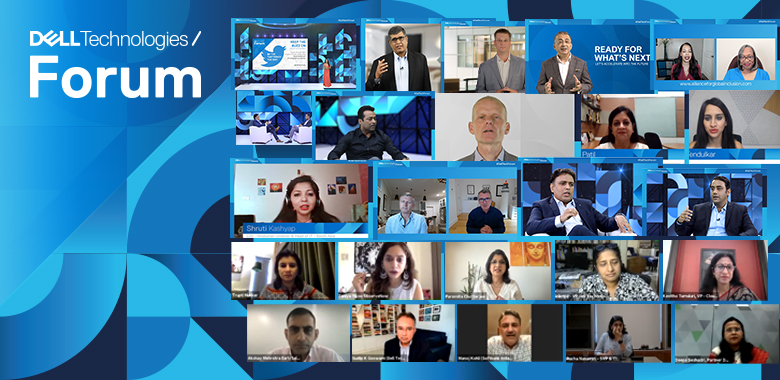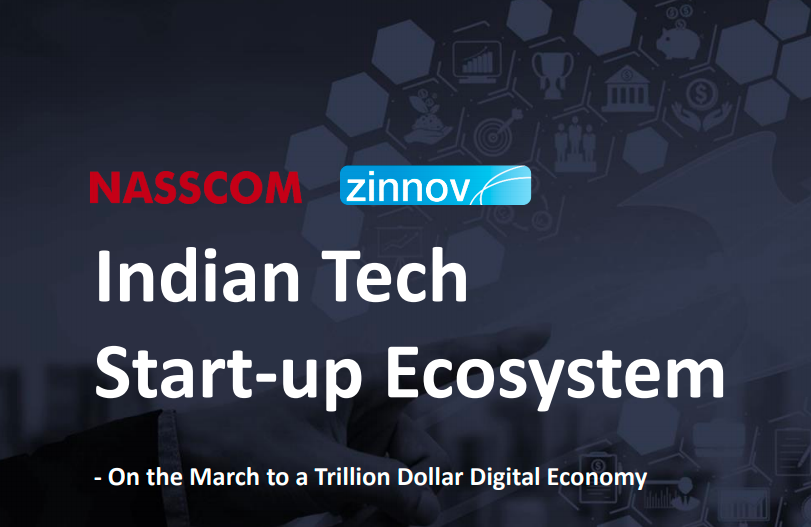In a world where businesses race to embrace the latest technological advancements, having the right tech partner can truly spell the difference between thriving and trailing. And every year, as we chase the pulse of groundbreaking trends, there’s one standout event: Dell Technologies Forum 2023.

With excitement building, I eagerly look forward to the year’s major tech event on August 24th, 2023—an annual technology convergence where ideas meet innovation. Navigating the Horizons of Tech Exploration: Embracing Insights, Innovations, and Ideas at Dell Technologies Forum 2023!
Year after year, the Dell Technologies Forum continues to mesmerize its audience with an amalgamation of forward-looking insights and next-gen solutions. As I anticipate this year’s event, my excitement grows with the promise of an even more enriching experience.
My anticipation is building up for the Keynote Session, which will be led by Alok Ohrie, President & Managing Director of Dell Technologies. This session holds the promise of unveiling the path that India’s digital transformation is set to take. Attendees will also gain valuable insights into Dell’s pivotal role in driving change across Indian organizations, alongside fostering digital inclusivity among the youth.
Adding to the significance of the event, Allison Dew, Chief Marketing Officer at Dell Technologies, will illuminate Dell’s perspective on the dynamic interplay of creativity and data-driven decision-making. Apart from that, an intriguing Fireside Chat has also been lined up between Manish Gupta, Vice President & General Manager, Dell Technologies and an industry leader. The chat will unveil strategies for nurturing innovation, fostering cross-functional collaboration, and a growth mindset.
Panel Discussion Illuminating the Role of Diversity & Inclusion in Driving Lasting Change
With panelists from Dell Technologies – Geraldine Tunnell, Senior Vice President of Global Field and Partner Marketing, and Venkat Sitaram, Senior Director & Country Head – Enterprise Segment, this conversation is set to resonate with thought-provoking insights.
Moderated by Mridu Bhandari, Anchor & Editor, CNBC-TV18, this discussion will explore the pivotal role that an inclusive culture plays in nurturing innovation and fuelling sustainability. The lineup for this year’s event holds significant promise.
Here’s a sneak peek into why this abundant source of tech knowledge is an absolute must-attend:
- Insights into the Future of Work, understanding how to navigate innovation and collaboration in a hybrid world
- Roadmap on building a secure and scalable edge environment, unlocking enhanced data value while simplifying the edge
- Exploring the management of a multi-cloud environment with distributed workloads and data presenting challenges
- Discovering how to withstand and recover from cyber-attacks and tackling even the most demanding security challenges
With even more to discover…

Well, that’s not all! Make sure not to miss the captivating discussion between Sania Mirza, and Mandira Bedi who are set to talk about the transformative journey of the tennis sensation, tracing her path from a professional athlete to a source of inspiration for insights into teamwork, diversity, and inclusion.
The buzz on Dell Technologies social media channels
What caught my attention on X [earlier Twitter], where Technica, the social media host for Dell Technologies is seen in an interesting rendezvous with the Dell leaders. The video series, named ‘Sparking Ideas with Technica’ brilliantly highlights the future of work, innovative technologies, generative AI, and masterful data management.
Their discussions illuminate the path forward and provide valuable insights into what lies ahead. These interesting videos, offer us a glimpse of the ideas that will unfold at the Dell Tech Forum 2023.
Stay in the loop about all the action at the forum by following Dell Technologies on X and Facebook using #DellTechForum and #FromIdeasToInnovation. Plus, be sure to participate in some amazing tech contests happening right now – you could snag some seriously awesome prizes!
So, go ahead and secure your spot for Dell Technologies Forum 2023. It’s your chance to hop on the transformative journey taking you #FromIdeasToInnovation.


